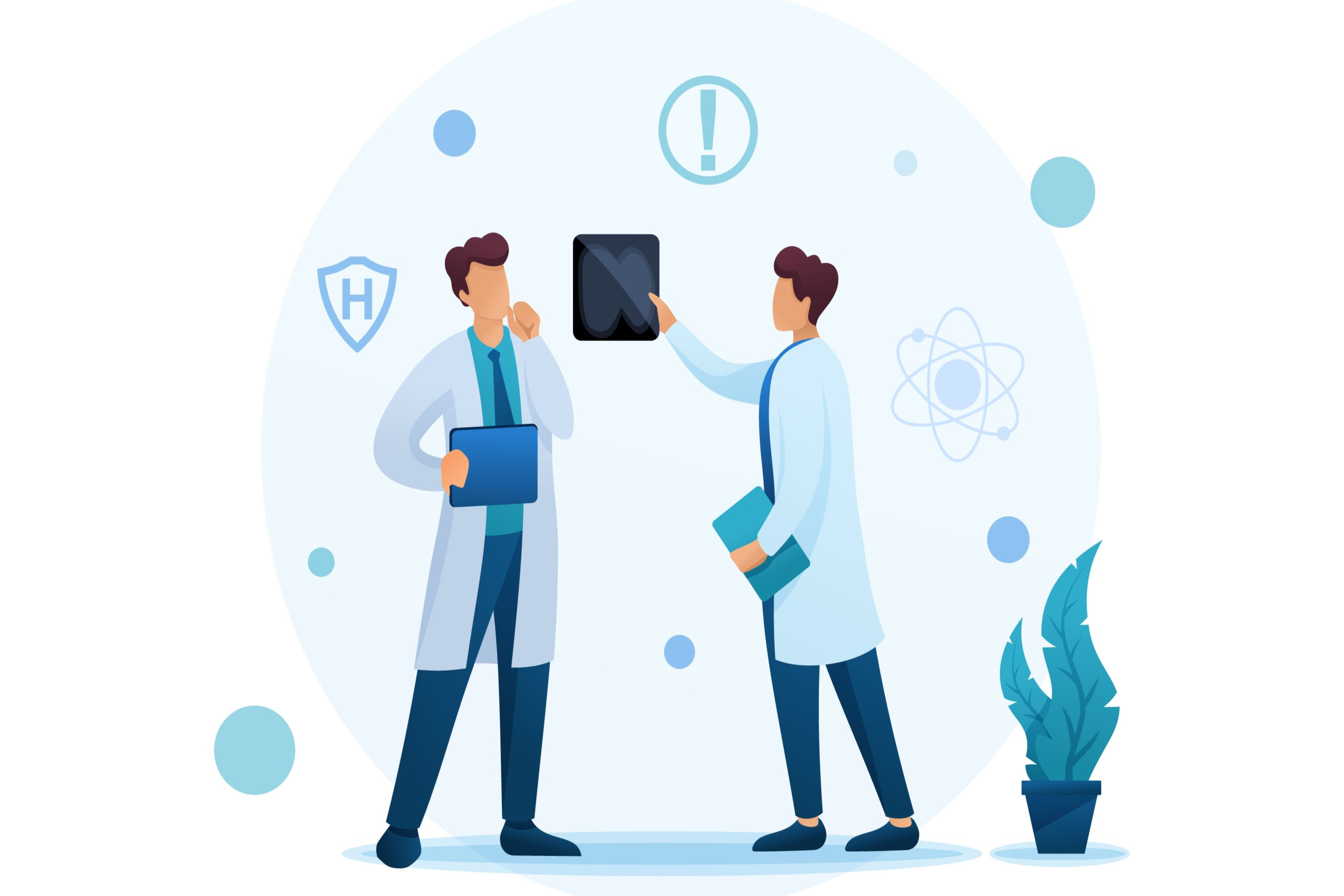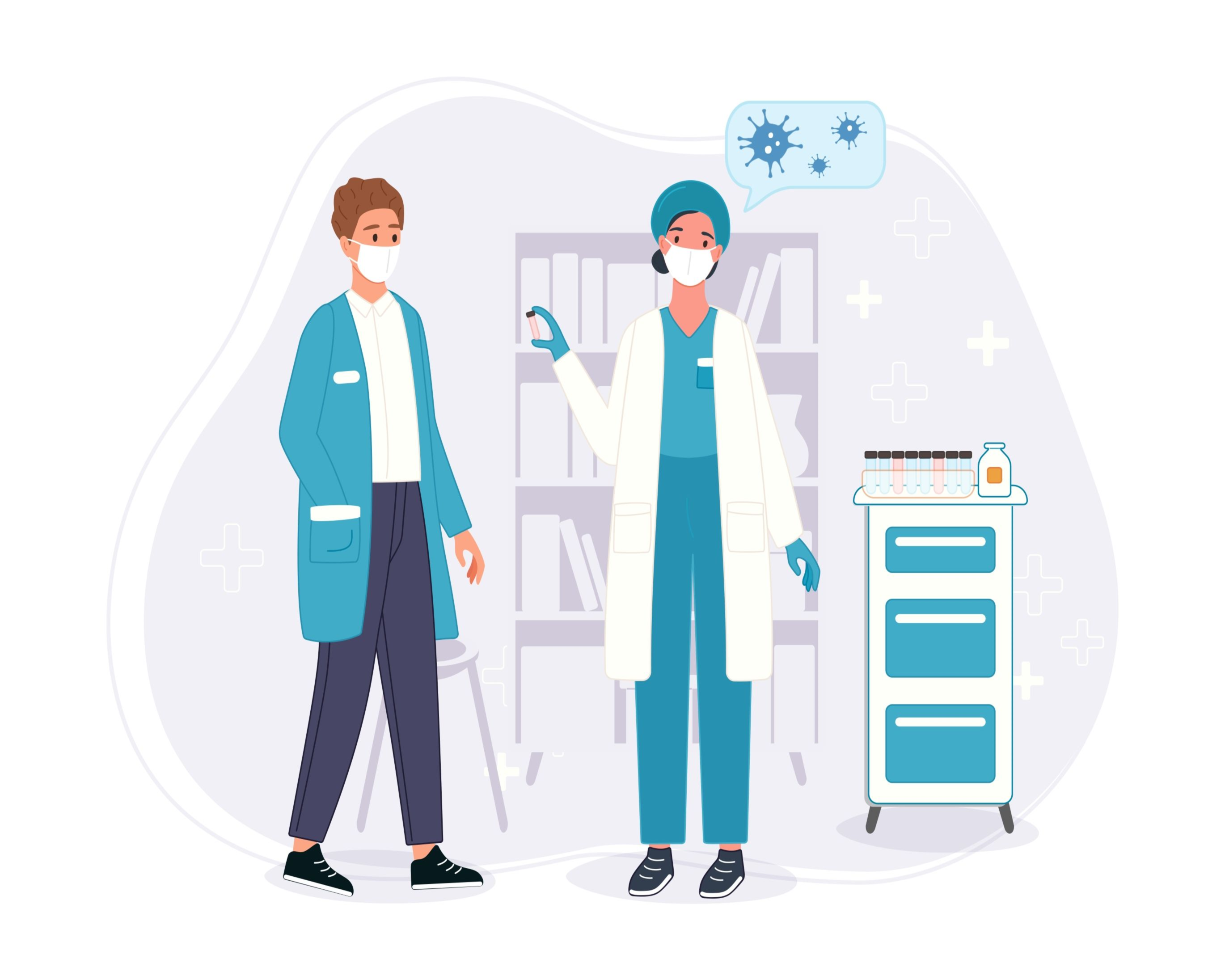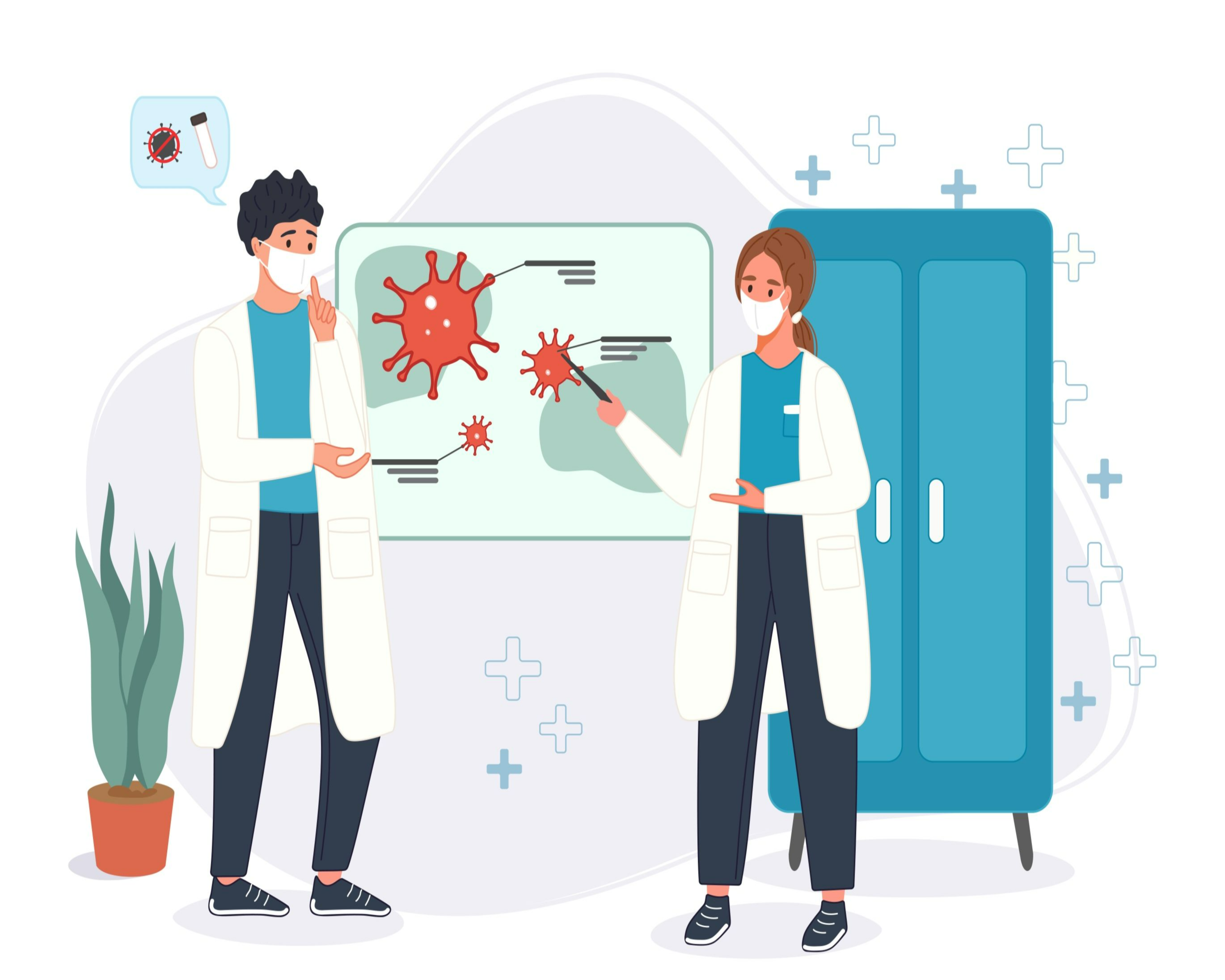All about clinical trials:
Frequently Asked Questions

What is a clinical trial?
The primary objective of a clinical trial is to discover improved ways to prevent, detect or treat several conditions in humans. Some trials help medical researchers discover how people respond to new interventions. Other trials allow comparisons across existing interventions and test new treatments or combine existing interventions.

Why are clinical trials important?
Clinical trials are critical in the development of new and enhanced treatments and techniques. Many of the latest interventions would not be possible without clinical trials. These treatments and techniques increase longevity, alleviate pain, and manage disability.

What are the risks?
Every substance we consume can cause side effects – and prescription medications are not the exception. Every clinical study’s medications could cause side effects, but the good news is that the trial is carefully monitored to ensure your safety. You should note that every clinical study undergoes extensive lab testing to evaluate potential side effects.

How do I benefit from participating in a trial?
There are several benefits:
- Consult with leading medical experts about your condition
- Access life-changing treatments before they get to market
- Contribute to society by improving healthcare treatments and techniques
- Get reimbursement for your time and effort

Is treatment different in a clinical trial?
You should expect to undergo more exams and tests than usual. Why? These tests help the medical research team to track your progress and collect helpful information. Furthermore, you may need to stop (or modify) your current medications and diet. But, you should always discuss these changes with your medical team before making them.

What is Informed Consent?
The medical professionals performing the trial will explain the treatment to you. This discussion will explore the possible benefits and risks. Next, they will ask you to sign a release form, giving your consent to participate in the trial. This document is your “informed consent.” However, keep in mind that your signature does not mean that you can’t leave the clinical trial. You are free to leave the trial at any time and for any reason.
What are the phases of a clinical trial?
A standard clinical trial consists of four phases. These phases are performed in a manner to meet all protocols and safety measures.

Phase 1
This phase covers the initial test of the new treatment or intervention. This test evaluates safety measures such as assessing dosage levels and side effects. Phase 1 is often conducted in a small testing group – generally up to 100 individuals. If all goes well in Phase 1, then the trial moves on to Phase 2.

Phase 2
Phase 2 is performed within a larger group than Phase 1. The primary objective of this phase is to determine the treatment’s effectiveness and to what degree, while also meeting and monitoring safety requirements. Once approved, Phase 3 can commence.

Phase 3
Phase 3 focuses on determining how well the treatment works – but the study now tests hundreds to thousands of individuals. This phase will also compare previous treatment methods to the current one being proposed. There is continuous evaluation of safety throughout.

Phase 4
Phase 4 is the final phase where there is marketing and distribution of the new treatment or technique. This phase monitors the intervention’s effectiveness within the general population while also collecting safety data about its long-term use. Further data collected can also be used to examine other conditions or explore further treatment combinations.
Choose Clinibase in your journey to a better, healthier you!
We have shared our top FAQs about clinical trials to help you make an informed decision for your best health. If you have other questions, please feel free to contact us to discuss your uncertainties and receive a better understanding of all aspects of the process.

